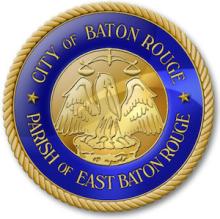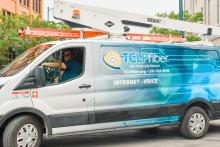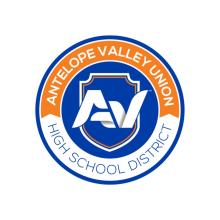
The City and Parish of Baton Rouge recently released a Request for Information (RFI) as a way to seek out partners interested in helping them improve local connectivity. Responses are due August 4.
Vulnerable Residents A Priority
According to the RFI, reliable connectivity is not consistent or affordable in many areas of the community where populations need it most. Unemployment is higher than the national average and the community has approximately 26 percent of city residents and 18 percent of parish residents living in poverty. Community leaders want to use the network infrastructure to bring more opportunity to people living in the most poverty-stricken areas of the City-Parish. Economic development, better educational opportunities, and better connectivity at home are only a few of the goals Baton Rouge intends to meet.
As part of the vision described in the RFI, City-Parish officials point out that they want a tool that will enable citizens to be participants in an updated economy, not just consumers of a new data product. Some of the factors they prioritize for their network is that it be community-wide, open access, financially sustainable, and offer an affordable base-level service. The network must offer gigabit capacity.
Baton Rouge intends to ensure lower income residents participate in the benefits that will flow from the investment; they are not interested in working with partner who doesn’t share that vision. From the RFI:
The City-Parish intends to offset service costs for its most vulnerable residents through a subsidy program that will allow certain portions of the population to purchase service at a discounted rate. We expect respondents to this RFI to be prepared to build to and support those customers—many of who may never previously have had a broadband connection. This initiative may also entail the Partner(s) sharing cost and risk associated with providing low-cost or no-charge service to some customers.
Baton Rouge
Some of the area’s large employers include the Exxon Mobil Refinery, Nan Ya Plastics, and Dow Chemical. There is also an emerging tech industry that community officials want to nurture with better connectivity. Louisiana State University (LSU) and Tulane University have medical campuses and there are nursing schools along with a biomedical research center in the city.
 In addition to LSU, Southern University (SU) and Baton Rouge Community College operate in the community. LSU serves 31,000 students; Baton Rouge Community College enrolls more than 8,000 students; and SU’s African American university system enrolls 10,000 students. There are three more colleges in the area and 14 vocational and technical schools. College students are about 20 percent of the city’s population.
In addition to LSU, Southern University (SU) and Baton Rouge Community College operate in the community. LSU serves 31,000 students; Baton Rouge Community College enrolls more than 8,000 students; and SU’s African American university system enrolls 10,000 students. There are three more colleges in the area and 14 vocational and technical schools. College students are about 20 percent of the city’s population.
Around 230,000 people live in the City while Parish-wide population is approximately 440,000 people. With the City making up only 16 percent of the land area of the Parish, urban population is much denser than in rural areas. The Parish is approximately 76 square miles.
While several providers offer services in the City, including AT&T, Charter, and Cox, the services they offer pale compared to what citizens need.
Publicly Owned Preferred
While the City-Parish states in the RFI that they will consider both publicly owned and privately owned infrastructure proposals, they also note that the city-parish:
…[S]trongly prefers a partnership model in which it designs, constructs, and owns dark fiber network infrastructure throughout the entirety of the community up to a demarcation point in the customer’s home or business, and leases the dark fiber backbone, distribution fiber, and fiber drops to a private partner.
City-Parish leaders encourage potential partners to offer ideas, but they are clearly considering a model in which both parties are motivated to serve as many premises as possible. They suggest award-winning Westminster, Maryland, as a preferred model, in which the private sector partner leases publicly owned fiber and pays one fee to the municipality for the premises it passes and an additional fee when it signs up a subscriber. While Baton Rouge states that it prefers the Westminster approach, it also mentions Huntsville, Alabama, as a possible model.
Important Dates:
June 30, 2017: Deadline for submitting non-binding letter of intent to respond to RFI
July 7, 2017: Deadline for submitting questions
July 21, 2017: Responses to questions due (from City-Parish)
August 4, 2017: RFI responses due
Read the full RFI and Appendices here.







